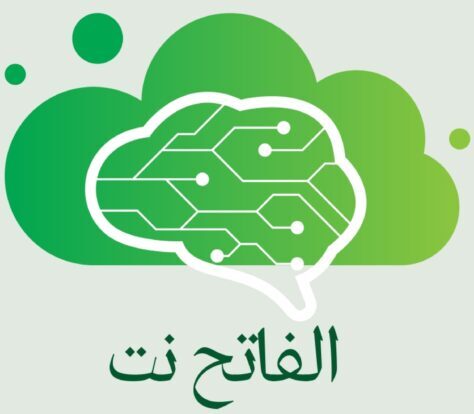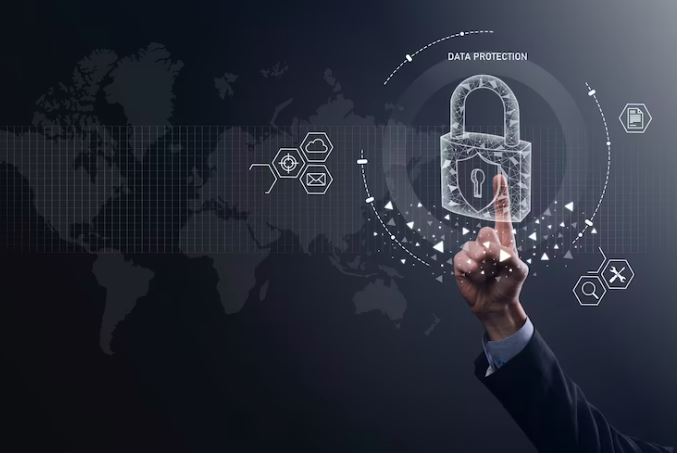I. Introduction
A. Explanation of ISO 27001 Certification:
ISO 27001 Certification validates that an organization adheres to international standards for information security management. It outlines requirements for establishing, implementing, maintaining, and continually improving an Information Security Management System (ISMS). Achieving certification demonstrates an organization’s commitment to protecting sensitive information, including data, intellectual property, and customer privacy.
B. Importance of Information Security:
Information security is paramount in today’s digital landscape. With increasing cyber threats and data breaches, organizations must safeguard their assets and maintain the trust of stakeholders. ISO 27001 Certification provides a framework for managing risks, ensuring confidentiality, integrity, and availability of information. It helps mitigate potential financial losses, reputational damage, and legal consequences associated with security breaches.
II. Understanding ISO 27001
A. Overview of ISO 27001 Standard:
ISO 27001 is an internationally recognized standard that provides a framework for establishing, implementing, maintaining, and continually improving an Information Security Management System (ISMS). It sets forth requirements and best practices for managing information security risks effectively. The standard encompasses various aspects, including organizational processes, controls, policies, and procedures, all aimed at ensuring the confidentiality, integrity, and availability of information assets.
B. Key Principles and Objectives:
The key principles of ISO 27001 revolve around risk-based decision-making, continuous improvement, and a systematic approach to managing information security. Its primary objectives include identifying and assessing information security risks, implementing appropriate controls to mitigate these risks, ensuring compliance with legal and regulatory requirements, and maintaining the resilience of the organization’s information security management system.
C. Scope and Applicability:
ISO 27001 is applicable to organizations of all sizes, types, and industries. It is designed to be flexible and scalable, allowing organizations to tailor its requirements to suit their specific business needs and risk profiles. The standard applies to the protection of all forms of information, including digital, physical, and intellectual property. It is relevant to organizations seeking to enhance their information security posture, gain a competitive edge, meet contractual obligations, or demonstrate their commitment to protecting sensitive data.
III. Benefits of ISO 27001 Certification
A. Enhanced Data Security:
ISO 27001 Certification strengthens data security by providing a systematic approach to identifying, assessing, and mitigating information security risks. It ensures the implementation of robust controls and measures to safeguard sensitive data against unauthorized access, disclosure, alteration, or destruction. By establishing clear security policies, procedures, and guidelines, organizations can enhance the confidentiality, integrity, and availability of their information assets, bolstering overall data security posture.
B. Improved Risk Management:
ISO 27001 facilitates improved risk management by enabling organizations to proactively identify and address potential security threats and vulnerabilities. Through comprehensive risk assessments and risk treatment plans, organizations can prioritize their security efforts, allocate resources effectively, and mitigate risks to an acceptable level. This proactive approach helps minimize the likelihood and impact of security incidents, enhancing resilience and enabling more informed decision-making across the organization.
C. Regulatory Compliance:
ISO 27001 Certification assists organizations in achieving regulatory compliance by aligning with various legal, regulatory, and contractual requirements related to information security. By implementing controls and measures prescribed by the standard, organizations can demonstrate their commitment to protecting sensitive information and meeting compliance obligations. ISO 27001 provides a framework for addressing data protection laws, industry regulations, and contractual requirements, thereby reducing the risk of non-compliance and potential legal consequences.
D. Competitive Advantage:
ISO 27001 Certification confers a competitive advantage by demonstrating an organization’s commitment to information security excellence. It enhances the organization’s reputation as a trusted custodian of sensitive data, fostering trust and confidence among stakeholders, including customers, partners, and regulators. ISO 27001 certification can differentiate organizations from their competitors, positioning them as preferred partners for clients who prioritize security and compliance in their business relationships.
E. Customer Trust and Confidence:
ISO 27001 Certification instills trust and confidence in customers by providing assurance that their sensitive information is adequately protected. It demonstrates the organization’s dedication to maintaining the confidentiality, integrity, and availability of customer data, thereby enhancing customer satisfaction and loyalty. ISO 27001 certification serves as tangible evidence of the organization’s commitment to meeting the highest standards of information security, reassuring customers that their data is in safe hands and strengthening the overall business relationship.
IV. ISO 27001 Certification Process
A. Step-by-Step Guide:
The ISO 27001 certification process involves several key steps, each crucial for establishing and maintaining an effective Information Security Management System (ISMS).
- Gap Analysis
- This initial step involves thoroughly assessing the organization’s existing security practices and comparing them against the requirements outlined in the ISO 27001 standard. The aim is to pinpoint any gaps or deficiencies in the current system that need to be addressed to achieve compliance with ISO 27001.
- Documentation
- Creating ISMS documentation, such as policies, procedures, and controls, is vital for clarity and consistency in security practices. It guides employees and stakeholders, outlining expectations and responsibilities for information security.
- Implementation
- With the documentation in place, the organization can proceed with the implementation of controls and measures aimed at addressing identified risks and enhancing information security. This may involve implementing technical solutions, updating policies and procedures, and providing training to staff to ensure compliance with ISO 27001 requirements.
- Internal Audit
- Regular internal audits are conducted to evaluate the effectiveness of the ISMS and identify any non-conformities or areas for improvement. These audits help ensure that security controls are functioning as intended and provide valuable feedback for continual improvement of the ISMS.
- Certification Audit
- After engaging an accredited certification body, the organization undergoes a formal audit of its ISMS against ISO 27001 requirements. Upon successful completion, the organization receives ISO 27001 certification, affirming its commitment to international standards in information security.
V. Tips for Successful ISO 27001 Certification
A. Top Management Commitment:
Top management commitment is crucial for the success of ISO 27001 certification. Leadership must demonstrate active support for the implementation of information security measures, allocate necessary resources, and integrate security objectives into the organization’s overall strategy. Their visible commitment fosters a culture of security throughout the organization, encouraging employee buy-in and ensuring the effectiveness of security initiatives.
B. Employee Training and Awareness:
Employee training and awareness are essential components of a robust information security program. Providing comprehensive training on security policies, procedures, and best practices equips employees with the knowledge and skills needed to protect sensitive information effectively. Regular awareness campaigns reinforce the importance of security and encourage a proactive approach to identifying and mitigating security risks.
C. Documentation Best Practices:
Effective documentation is key to maintaining an organized and efficient Information Security Management System (ISMS). Best practices for documentation include keeping policies, procedures, and controls clear, concise, and up-to-date. Document version control, access controls, and regular reviews ensure that documentation remains relevant and reflects current security practices.
D. Continuous Improvement:
Continuous improvement is a fundamental principle of ISO 27001. Organizations should regularly review and refine their ISMS to adapt to changing threats, technologies, and business needs. By analyzing security incidents, conducting internal audits, and soliciting feedback from stakeholders, organizations can identify areas for improvement and implement corrective actions to strengthen their security posture continually.
E. Engaging External Auditors:
Engaging external auditors with expertise in ISO 27001 certification can streamline the certification process and ensure compliance with international standards. External auditors bring impartiality and objectivity to the audit process, providing valuable insights and recommendations for improving the ISMS. Collaborating with accredited certification bodies builds credibility and confidence in the certification outcome.
VI. Conclusion
A. Recap of Key Points:
In summary, we’ve delved into the core aspects of ISO 27001 certification, starting with understanding its fundamental importance in today’s data-driven world. We’ve explored the step-by-step process, from conducting a thorough gap analysis to engaging in a formal certification audit. Throughout, we’ve emphasized the significance of aligning organizational practices with ISO 27001 standards to ensure robust information security management.
B. Final Thoughts on ISO 27001 Certification:
As we conclude, it’s essential to recognize ISO 27001 certification as more than just a regulatory requirement—it’s a strategic investment in safeguarding sensitive information. By committing to ISO 27001 standards, organizations demonstrate their dedication to mitigating risks, enhancing trust, and achieving competitive advantage. Embrace ISO 27001 certification not only as a means of compliance but as a catalyst for continual improvement and resilience in an ever-evolving threat landscape.








